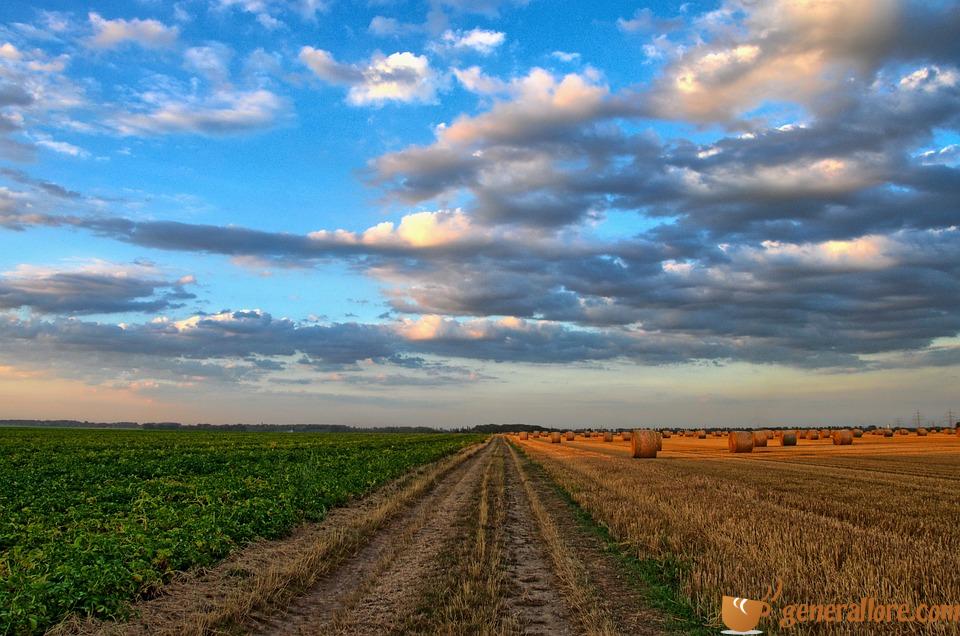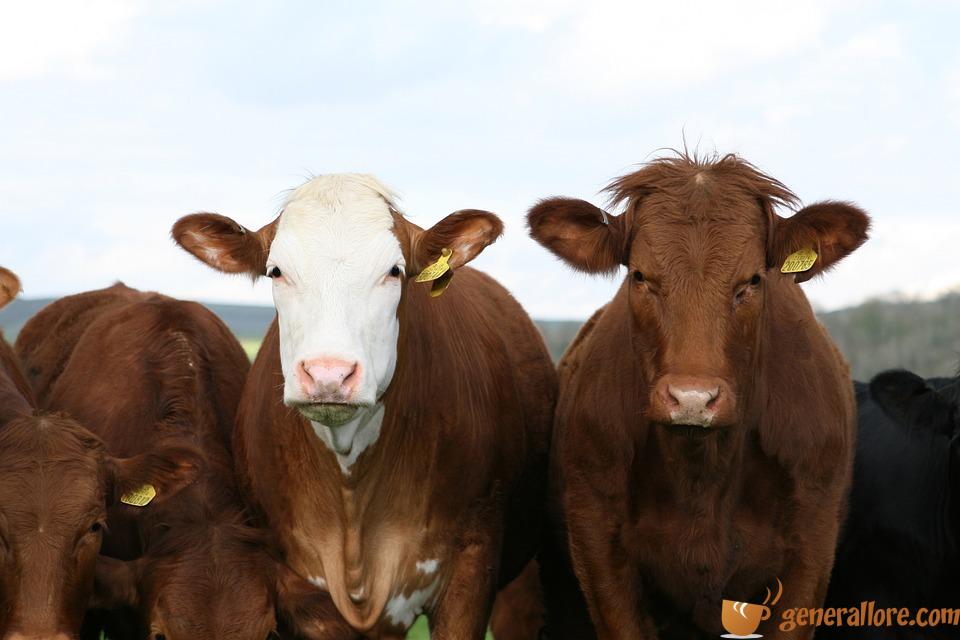Sustainable Livestock Farming: Balancing Production and Animal Welfare
Sustainable livestock farming is a practice that aims to maximize production while ensuring the well-being of animals. It involves balancing the need for efficient food production with the ethical treatment of animals. In recent years, there has been a growing awareness of the environmental impact of industrial livestock farming practices, which has led to a push towards more sustainable farming methods.
Introduction
Livestock farming is an essential part of agriculture, providing a vital source of protein for human consumption. However, traditional farming methods often involve intensive practices that can have negative consequences for both animals and the environment. Sustainable livestock farming seeks to address these issues by promoting practices that are environmentally friendly and prioritize animal welfare.
The Importance of Sustainable Livestock Farming
There are several reasons why sustainable livestock farming is essential:
1. Environmental Benefits
- Reducing greenhouse gas emissions
- Conserving water and soil resources
- Preserving biodiversity
2. Animal Welfare
- Providing humane living conditions
- Avoiding the use of growth hormones and antibiotics
- Ensuring animals have access to pasture and natural behaviors
Challenges of Sustainable Livestock Farming
While sustainable livestock farming offers numerous benefits, there are also challenges that farmers must overcome:
1. Cost
- Implementing sustainable practices can be expensive
- Higher initial investment required for infrastructure
2. Market Demand
- Consumers may be unwilling to pay higher prices for sustainably raised products
- Limited availability of sustainable options in some regions
Conclusion
Sustainable livestock farming is essential for balancing the needs of production with animal welfare. By implementing environmentally friendly practices and prioritizing the well-being of animals, farmers can create a more sustainable food system for future generations. It is crucial for consumers to support sustainable farming practices by choosing products that are ethically produced.
FAQs
1. What is sustainable livestock farming?
Sustainable livestock farming aims to maximize production while ensuring the well-being of animals and minimizing negative environmental impacts.
2. How can farmers practice sustainable livestock farming?
Farmers can practice sustainable livestock farming by implementing practices such as rotational grazing, reducing the use of antibiotics, and providing humane living conditions for animals.
3. What are the benefits of sustainable livestock farming?
The benefits of sustainable livestock farming include reducing greenhouse gas emissions, conserving water and soil resources, and promoting animal welfare.
4. Are there challenges to sustainable livestock farming?
Yes, challenges include the cost of implementing sustainable practices and meeting market demand for sustainably raised products.
5. How can consumers support sustainable livestock farming?
Consumers can support sustainable livestock farming by choosing products that are ethically produced and environmentally friendly.
6. What role does animal welfare play in sustainable livestock farming?
Animal welfare is a critical component of sustainable livestock farming, as it ensures that animals are treated humanely and have access to natural behaviors.
7. How do sustainable livestock farming practices benefit the environment?
Sustainable livestock farming practices benefit the environment by reducing greenhouse gas emissions, conserving water and soil resources, and preserving biodiversity.
8. What are some examples of sustainable livestock farming practices?
Examples include rotational grazing, use of cover crops, and avoiding the use of synthetic pesticides and fertilizers.




